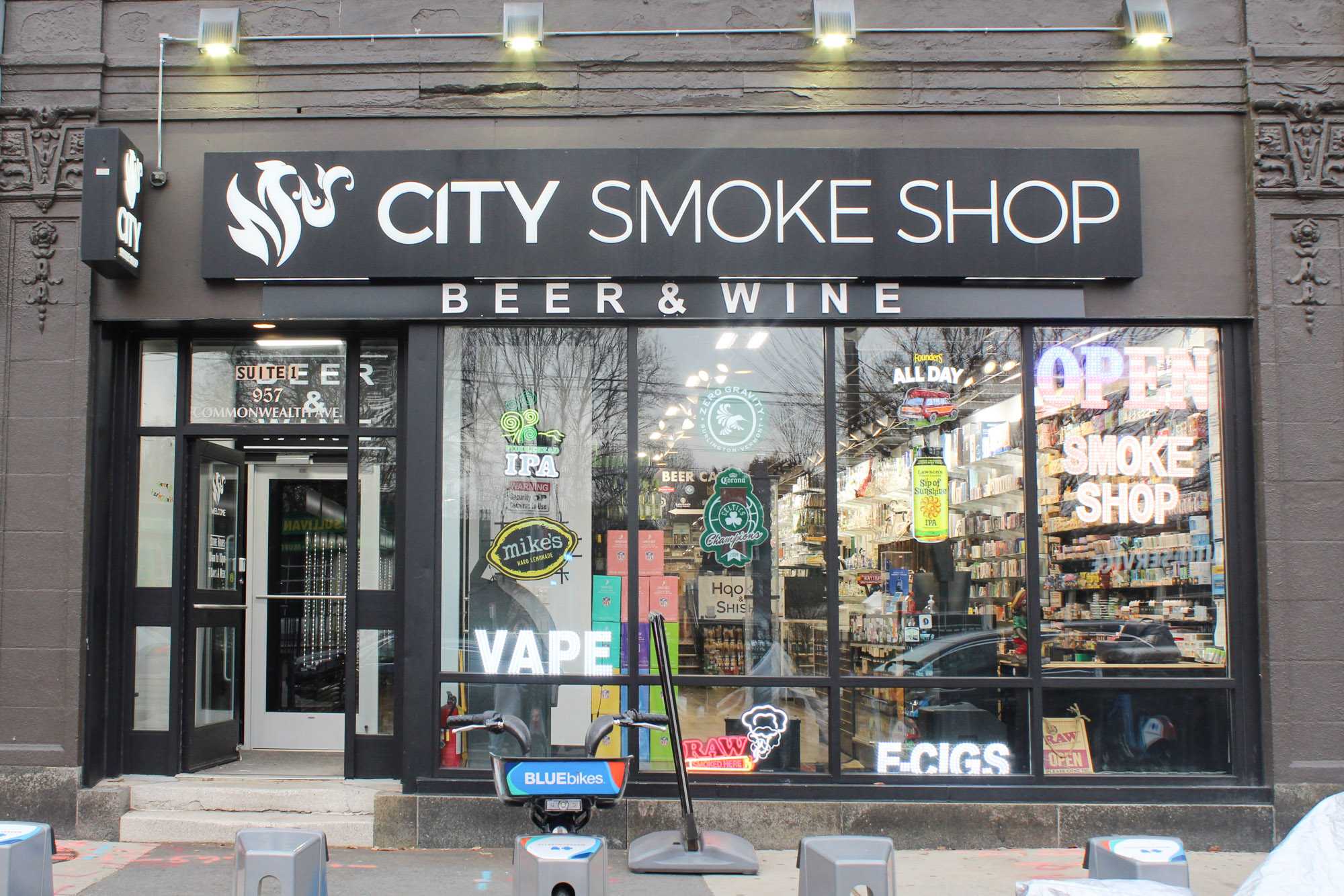State Sen. Jason Lewis and State Reps. Tommy Vitolo and Kate Lipper-Garabedian plan to file a Nicotine-Free Generation bill during the 2025-26 legislative session, aiming to gradually phase out the legal sale of nicotine and tobacco products in Massachusetts.
Under this legislation, individuals born after a certain date will never be able to legally purchase nicotine and tobacco products, while those already eligible will retain their purchasing rights, according to a press release by Lewis.
Mark Gottlieb, executive director of Northeastern Law’s Public Health Advocacy Institute, said Brookline was the first to implement this type of initiative in 2020, with Jan. 1, 2000 as the birthdate cutoff for purchasing tobacco products. Since then, several other towns adopted similar policies, using Jan. 1, 2004 as their cutoff date.

In March, the Massachusetts Supreme Judicial Court upheld Brookline’s law, and Gottlieb represented Brookline in the case, according to The Associated Press.
Vitolo said the bill is fair for those that already purchase nicotine and tobacco products.
“Similarly, nicotine is so addictive, it would be unfair to let anyone who isn’t using it now to start, because once you start, you can’t seem to quit,” Vitolo said.
Gottlieb said he believes referring to this legislation as a ban is a “somewhat deceptive description of what this policy is about,” as an official ban would take “decades to be accomplished.”
“The only people who are affected would be people who are not currently old enough to be sold tobacco products in communities that adopt this policy,” Gottlieb said.
Peter Brennan, executive director of the New England Convenience Stores and Energy Marketers Association, said the policy is a “ban” and will decrease revenues and the enterprise value of businesses selling tobacco products in the Commonwealth.
“If your municipality enacts a ban like this, automatically the enterprise value of your store is diminished significantly,” Brennan said. “If you’re planning to sell that store and retire, now it’s worthless.”
Brennan also said because this policy does not prevent people from using nicotine and tobacco products, many may go across state lines to buy vapes and sell them in Massachusetts illegally, which creates an “illicit market.”
This possibility of illicit marketing may decrease tax revenues in Massachusetts. For example, New Hampshire has seen a significant increase in tax revenues from nicotine products after Massachusetts banned flavored vapes, Brennan said.
Brennan said there is “no doubt” tobacco stores oppose the legislation.
Jennifer Ross, an associate professor of health law, policy and management Boston University, said arguments may arise about the decrease in tax revenues for the Commonwealth if the bill is passed.
“These arguments are often pushed by the tobacco industry, but it would ultimately result in savings in health care costs,” Ross said.
David Rosenbloom, BU emeritus professor of health law, policy and management, said the policy will decrease nicotine use in the 18 to 24 age group.
According to a report from the State, in 2021, 13.7% of Massachusetts adults were smokers, which was the lowest it has ever been. 7.5% of adults between 18 to 24 use tobacco products, but the number is much higher for e-cigarettes, which stands at 18%.
“Since tobacco is inherently dangerous, I think the state could probably ban it,” Rosenbloom said. “Whether the ban would be effective or not, is another story.”
Vaughan Rees, deputy director of the Center for Global Tobacco Control at the T.H. Chan School of Public Health at Harvard University, said he has “mixed views” on the policy and is concerned about the effects of this bill on marginalized communities.
Low-income households are more likely to use nicotine products than middle- and high-income households, according to the Center for Disease Control and Prevention.
“I’m not sure that this policy is necessarily going to support reducing the rates of tobacco use, including combusted tobacco use in those populations,” Rees said, referring to low-income, marginalized communities.
Similarly, in 2019, the Boston Board of Health moved to restrict the sale of menthol products, which historically targeted minority communities, Bisola Ojikutu, the City’s commissioner of public health and executive director of the Boston Public Health Commission, wrote in a statement.
“This proposed bill sounds like an innovative approach,” Ojikutu said. “We look forward to reviewing the bill once filed.”
Paul Albright, director of communications for Lewis’ office, said passing the bill will “absolutely” push the number of young adults using nicotine and tobacco products closer to zero.
“It’s great that the numbers of people using, especially young people, are decreasing, but they’re still there,” Albright said. “Anything we can do to keep that number decreasing at a faster rate is good for everybody.”


















































































































